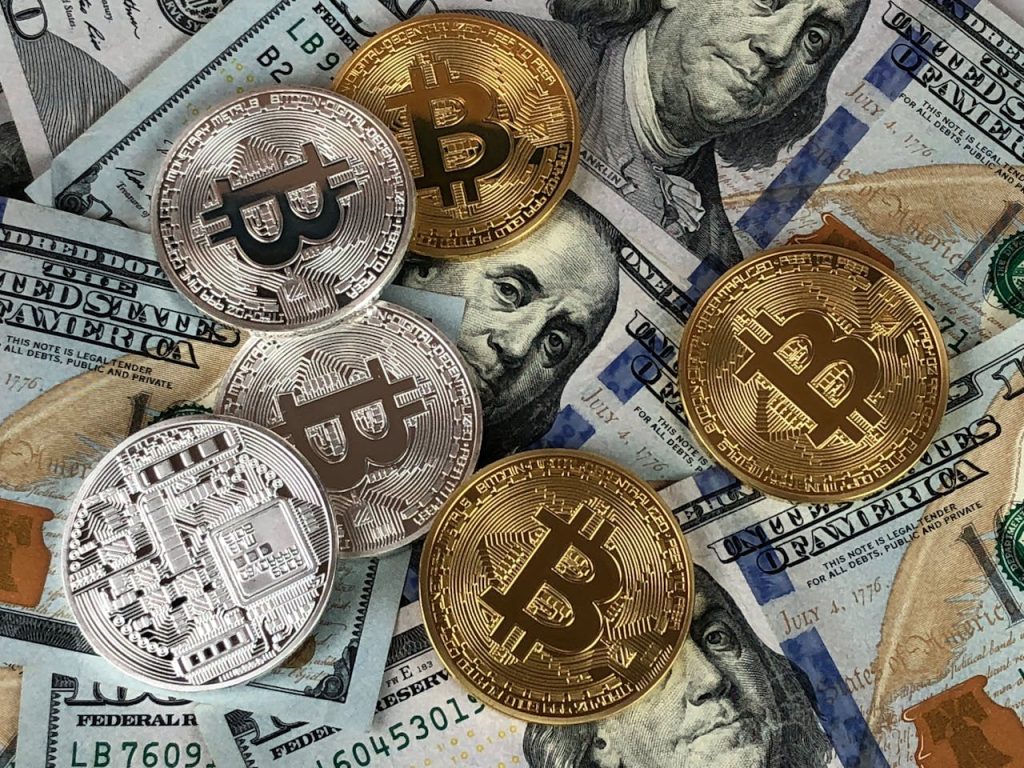
Cryptocurrency has become a big topic in the financial world, grabbing the attention of both investors and tech fans. With names like Bitcoin and Ethereum becoming common, many wonder if these digital currencies are safe. While they offer freedom from traditional banks, they also bring up concerns about safety and stability. For those new to this area, it can feel like a lot to take in. Let’s break down what cryptocurrency is and look at its risks and benefits so you can make smart choices when investing. Whether you’re experienced or just curious, knowing about their safety can help you engage confidently with digital currencies.
Is Cryptocurrency Safe?
The safety of cryptocurrency involves various factors. On one side, digital currencies give users control over their money through secure methods and decentralized networks, reducing the chance of bank failures or government meddling. However, no system is perfect.
Many people have been scammed in the crypto world. Some shady individuals exploit the lack of rules to trick investors with promises of huge returns. It’s important to be careful in this unregulated space.
Technical problems can also be risky. Hacks have led to massive losses for both individuals and exchanges. Even well-known platforms aren’t fully safe from breaches that could affect user funds.
Additionally, market ups and downs are another concern. Prices can change quickly, which might lead to financial losses if you don’t do your homework or manage risks properly.
Understanding Cryptocurrency
Cryptocurrency is a digital currency that uses encryption for security. Unlike regular money from governments, cryptocurrencies work on decentralized networks using blockchain technology. This means transactions are recorded across many computers, making it hard to change any single record.
Bitcoin was the first cryptocurrency, created in 2009 by a mysterious person or group called Satoshi Nakamoto. Since then, thousands of alternatives like Ethereum and Ripple have emerged, each with unique features and uses.
You can buy, sell, and trade cryptocurrencies through exchanges or directly with others. Wallets store these digital coins securely, allowing you access to your money.
The appeal lies in potential high returns and independence from central authorities. However, this new field has complexities that need careful thought before investing.
Risks and Benefits of Cryptocurrency
Cryptocurrency is a mixed bag. It offers benefits like decentralization, giving users more control over their finances, which can be empowering.
Another perk is the chance for high returns. Cryptocurrencies have shown fast growth, attracting investors hoping for big profits.
However, these opportunities come with risks. Market volatility causes prices to swing dramatically, potentially leading to losses for those not prepared.
Also, the lack of rules allows scams to target unsuspecting participants. Security breaches over the years have raised concerns about technical risks for potential users.
Volatility
Volatility is a major feature of cryptocurrency. Prices can change a lot in a day, keeping investors on their toes. This unpredictability draws both thrill-seekers and cautious ones.
The emotional ups and downs of crypto trading can be intense. One moment you might see gains, the next could bring losses. These changes often lead to panic selling or eager buying, affecting price movements even more.
Several factors cause this volatility, including market feelings, regulatory news, and tech developments. Speculation also plays a role; traders often buy based on hype rather than facts.
If you’re thinking about investing in cryptocurrencies, it’s important to assess your comfort with risks. Understanding the fast-changing prices prepares you for this dynamic financial landscape.
Regulatory uncertainties
Regulatory uncertainties are a big issue for cryptocurrencies. Many countries are still figuring out how to handle digital assets. This lack of clarity can confuse investors and businesses.
Different places have vastly different approaches to crypto regulation. Some welcome it, while others impose strict limits or bans. This inconsistency complicates international transactions and makes following rules tricky.
New laws can pop up suddenly, adding risk. Governments might introduce rules that change how cryptocurrencies work overnight, causing market instability and affecting confidence.
Investors should stay informed about changing regulations both locally and globally. Ignoring these developments could expose them to risks that endanger their investments in this unpredictable world.
Securities and scams
Cryptocurrency isn’t just about innovation; it’s also full of scams. Fraud lures investors with promises of quick returns, and many get tricked, thinking they’re making smart choices.
One common scam involves initial coin offerings (ICOs). Some promise groundbreaking tech but end up worthless. Scammers use fake websites and social media profiles to make these projects seem real, fooling even seasoned investors.
Phishing attacks are another threat. Hackers pretend to be trusted exchanges or wallets, tricking users into revealing private keys. Once accessed, funds are often impossible to recover.
Even well-known cryptocurrencies face manipulation. Pump-and-dump schemes inflate prices before orchestrated sell-offs leave latecomers at a loss. Navigating this space requires caution and research to avoid falling for scams.
Technical risks
Technical risks are crucial when considering cryptocurrency safety. Blockchain, the tech behind cryptocurrencies, is innovative but not perfect. Software flaws can exist, exposing users to hacks or theft.
Additionally, wallets and exchanges can be confusing, leading users to make mistakes. Misplacing private keys or using insecure platforms raises the risk of losing funds permanently. Cybersecurity threats are also significant; hackers often target exchanges for their assets.
The rapid pace of tech means what’s secure today may not be tomorrow. Staying informed about new developments and security measures within cryptocurrency minimizes potential risks.
Understanding these technical issues will help you make safer choices in this dynamic environment. Prioritize security and stay alert to emerging threats in this evolving field.




More Stories
Discover the Best Cryptocurrency Wallets for Any User
Is cryptocurrency dead?
How to Create Your Own Cryptocurrency